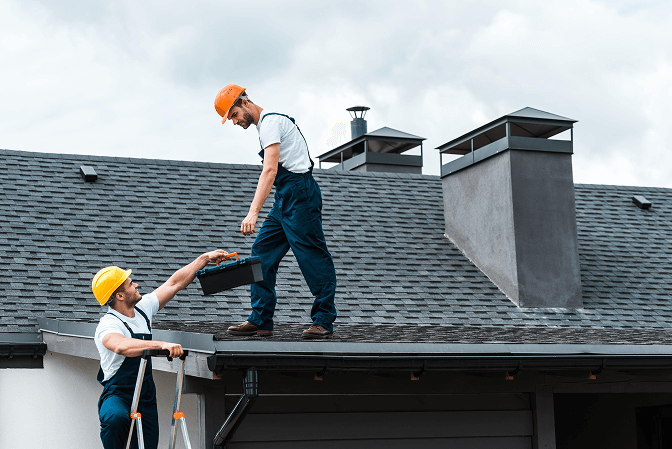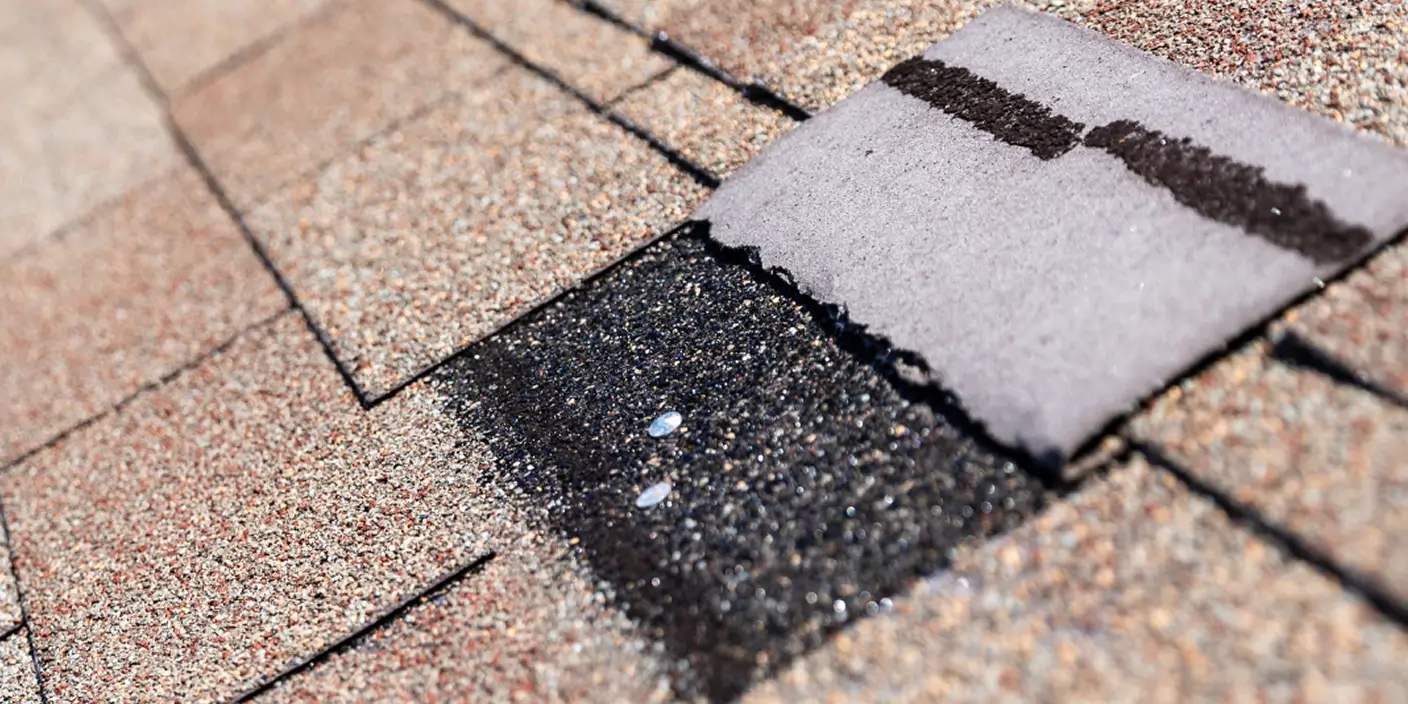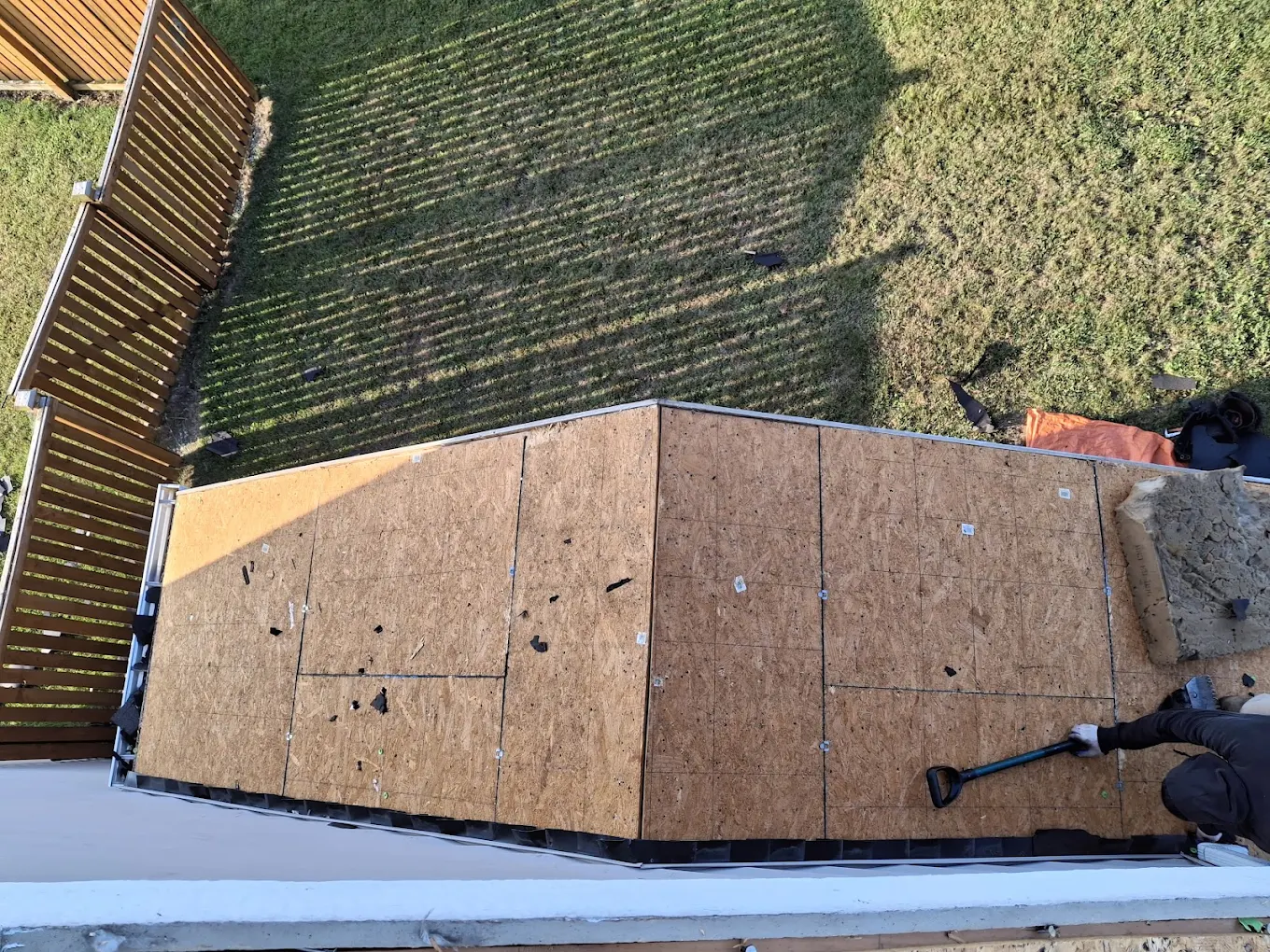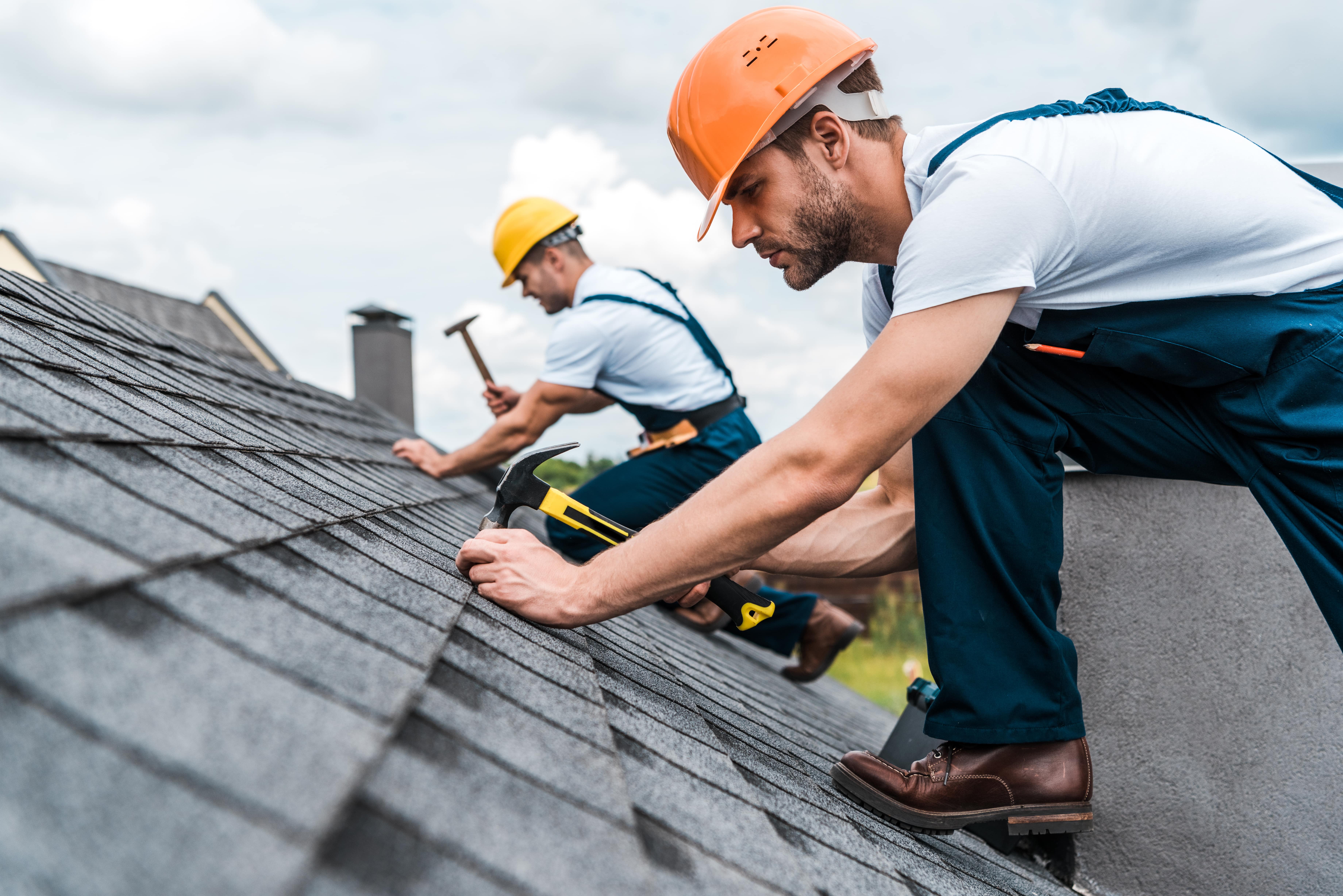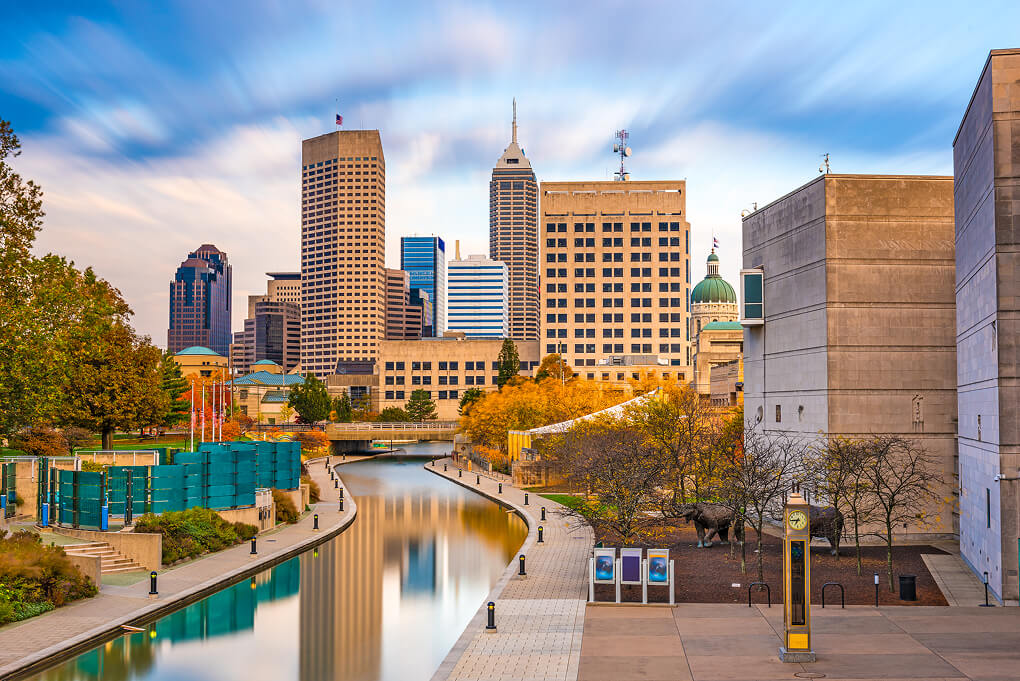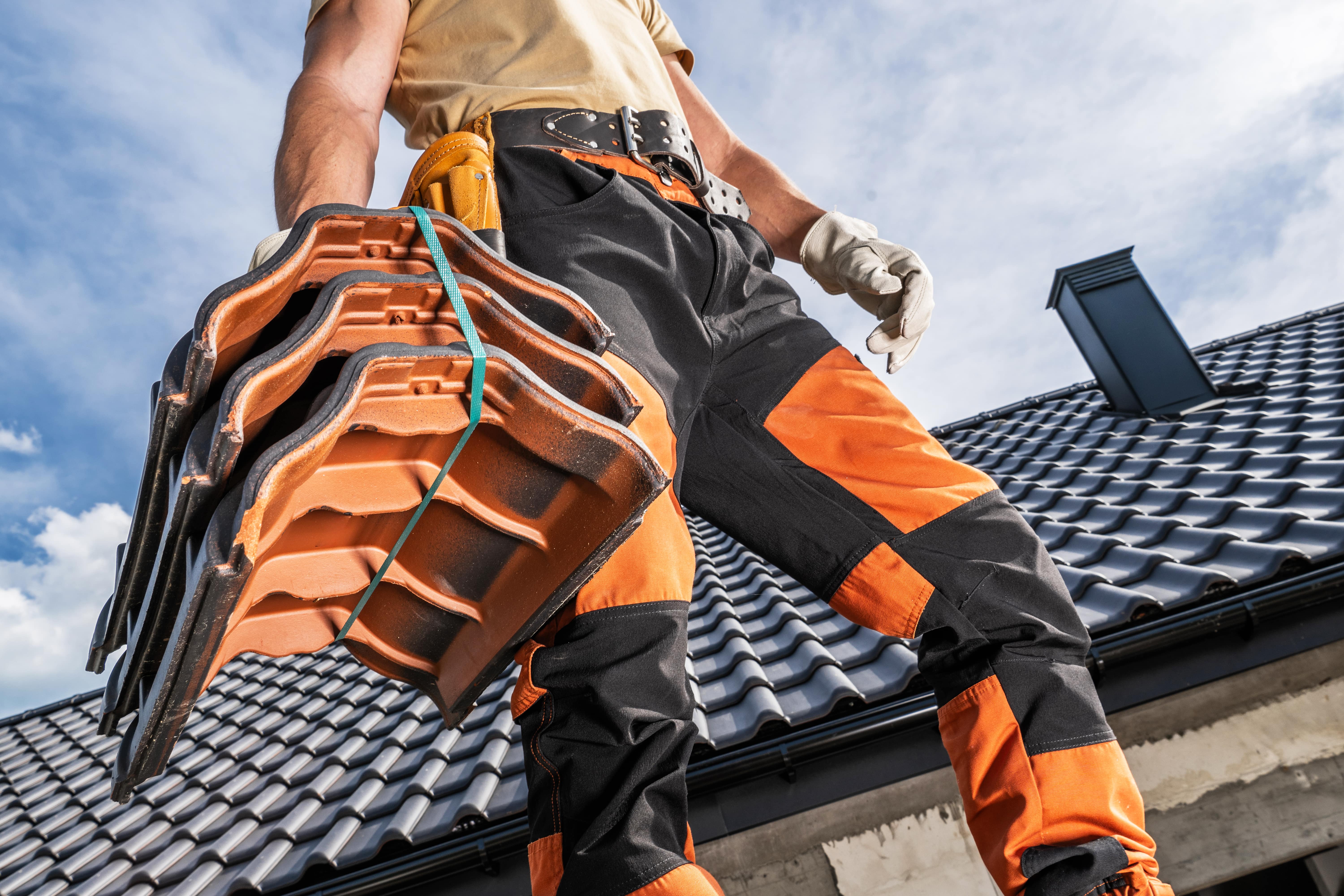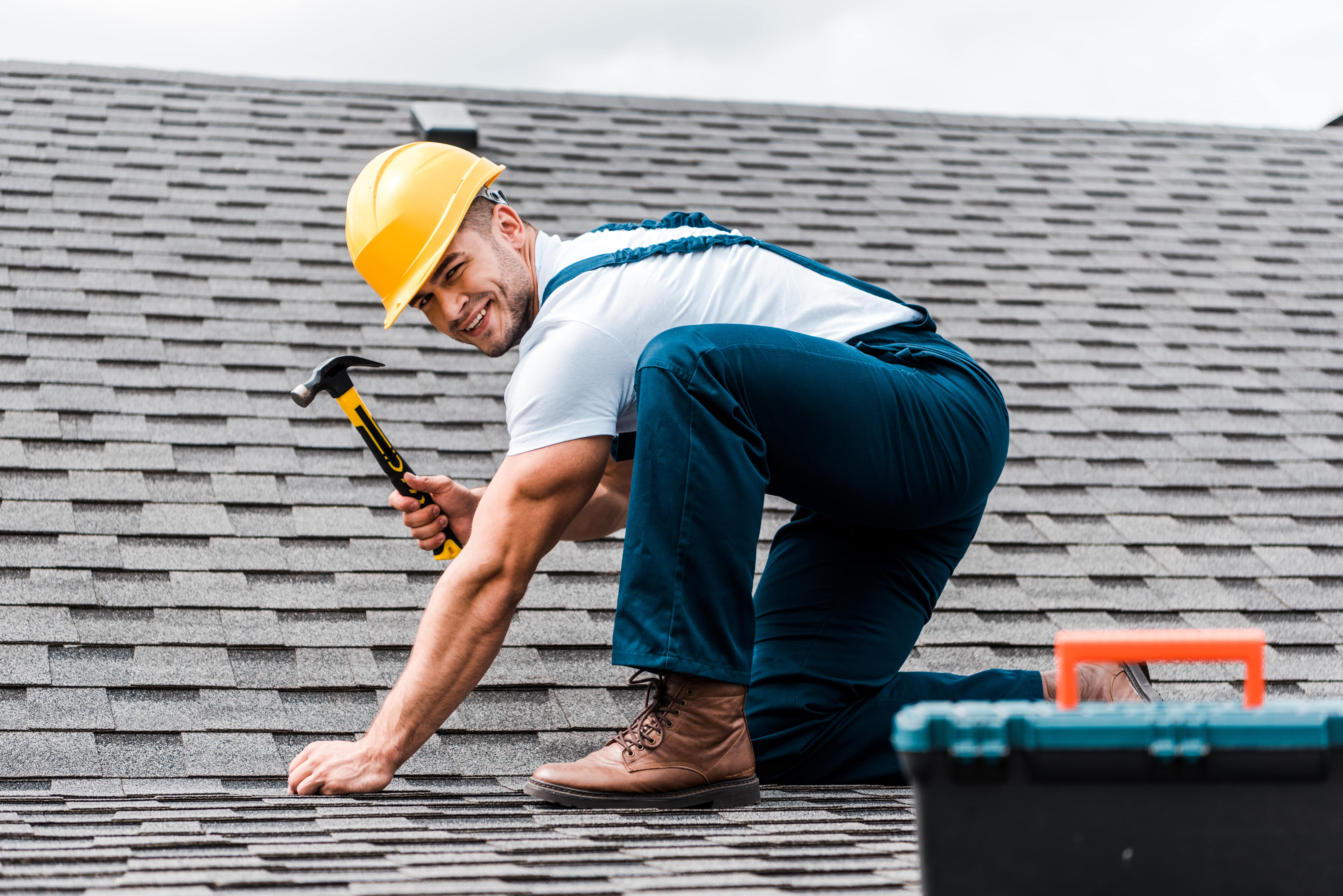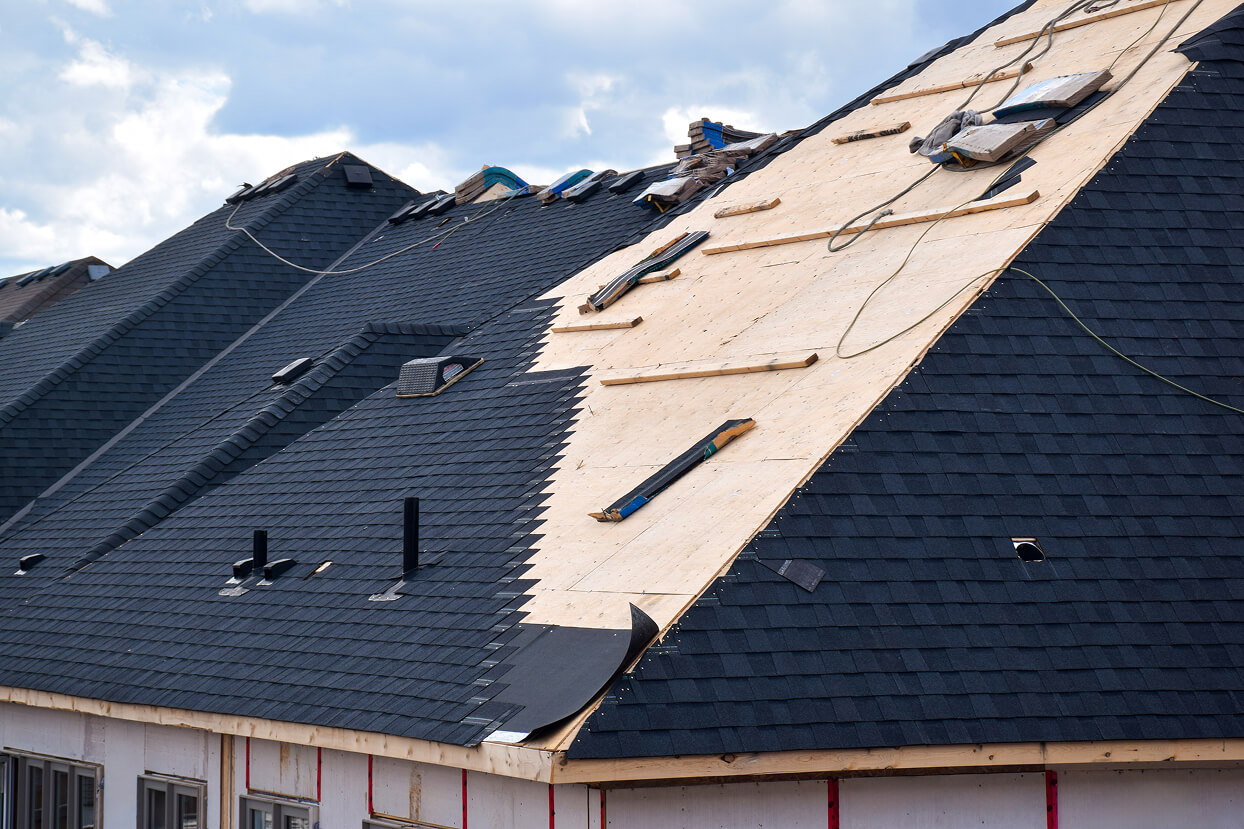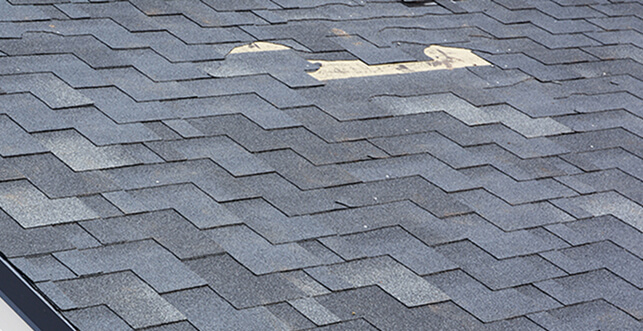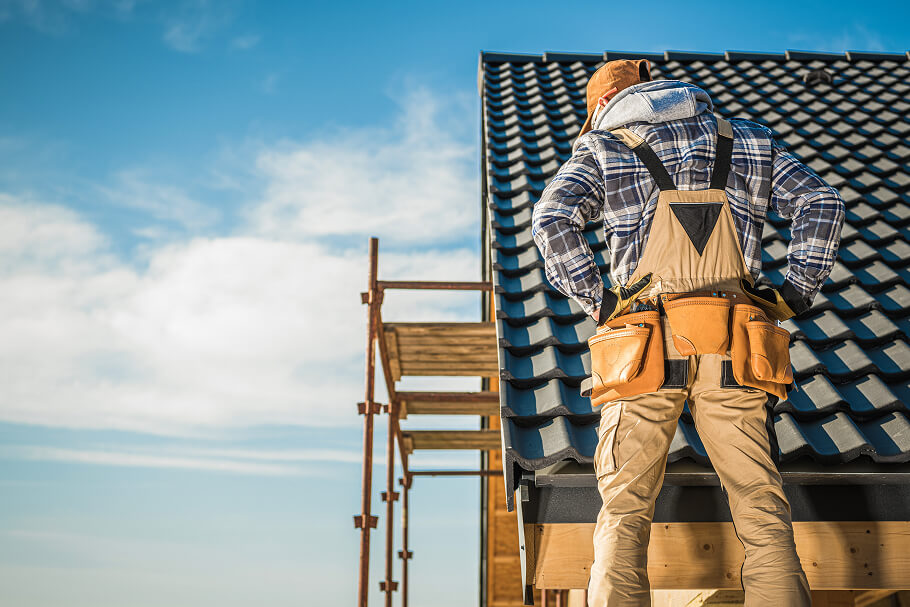Starting a roofing business or hiring a licensed roofing contractor in Indiana can be confusing. The state does not issue a single statewide roofing license, yet cities and counties maintain their own rules for permits, inspections, and insurance. This article explains exactly how Indiana’s roofing license requirements work — and why understanding them protects your home, business, and wallet.
We’ll also look at how roofing license requirements vary in other states, what licenses or certifications roofers may need, and what every Indiana homeowner should verify before signing a contract.
What Is a Roofing License and Why It Matters
A roofing license is a credential that authorizes a roofing contractor to legally perform roof work. The type of license required depends on each state’s system.
At the state level, some areas — such as California or Florida — issue specific roofing contractor licenses through agencies like the Contractors State License Board or the Florida Department of Business and Professional Regulation. Others, including Indiana, delegate licensing to local jurisdictions.
Holding a valid license shows that a contractor has met insurance, bonding, and experience requirements. It protects property owners from poor workmanship and ensures roof work follows building code standards.
How Indiana Regulates Roofing Contractors
Indiana regulates roofers locally rather than through a single state roofing license. The Indiana Professional Licensing Agency does not oversee roofing contractors. Instead, cities and counties set their own local licensing requirements, insurance rules, and inspection processes.
For example:
- Some municipalities require a business license or contractor registration before beginning work.
- Others require proof of roofing insurance or worker’s compensation coverage.
- Large projects involving decking or structural changes often require multiple permits.
Because licensing happens at the local level, compliance depends on the project location — not just the company’s headquarters. If you hire a Greenwood roofing contractor, for example, they must follow Greenwood’s permit and inspection process, which can differ from neighboring cities.
Who Needs a Roofing License in Indiana?
Although Indiana has no state roofing license, local governments can still require roofers to register or obtain a permit before beginning roof work. A company performing roofing projects in Greenwood, Carmel, or Fishers must meet that city’s permit and inspection standards.
Local building departments often expect roofing contractors Indiana to:
- Register as a licensed contractor or specialty contractor.
- Provide proof of insurance and bonding.
- Secure the necessary permits before work starts.
Homeowners should always ask to see documentation — a current permit, insurance certificate, or business registration — before the first shingle is removed.
How to Get a Roofing License or Local Registration
To get a roofing license or local registration in Indiana, contractors typically:
- File a business license application with the city or county.
- Provide proof of roofing insurance and bonding.
- Submit references or experience from previous roofing jobs.
- Pay applicable registration or renewal fees.
Some cities also require general contractor licenses, dwelling contractor licenses, or home improvement licenses for specific work types. Requirements can differ even within neighboring counties, so always verify what’s needed before advertising roofing services.
Roofing License Requirements by State: How Indiana Compares
Across the U.S., roofing license requirements vary widely. Many states require contractors to hold a state-issued credential. Here’s a look at how Indiana compares:
- California: The license in California is managed by the Contractors State License Board (CSLB). A C-42 roofing contractor license is mandatory for roof work.
- Florida: Roofers must hold a certified contractor license from the Florida Department of Business and Professional Regulation.
- Louisiana: The Louisiana State Licensing Board for Contractors issues licenses for both commercial and residential roofing.
- Mississippi: The Mississippi State Board of Contractors regulates roofing and requires continuing education for renewals.
- Nevada: The Nevada State Contractors Board governs roofing and sheet metal work under a specialty contractor category.
- Texas: No state license is required, but the Roofing Contractors Association of Texas offers voluntary certification.
- North Carolina: The North Carolina Licensing Board for General Contractors licenses roofers for major projects.
- Rhode Island: The State of Rhode Island Contractors’ Registration and Licensing Board manages roofing and home improvement contractors.
- Arizona: The Arizona Registrar of Contractors issues a state roofing license for both residential and commercial work.
- Georgia: The Georgia Roofing Contractors Association promotes voluntary licensing and training.
Indiana’s system most closely resembles Texas — local, not state, regulation — but permits and insurance are still strictly enforced.
Types of Roofing Licenses and Registrations
Contractors may fall under different categories based on their work:
- General Contractor License: Covers multiple trades including roofing.
- Specialty Contractor License: Limits work to roofing and sheet metal.
- Home Improvement Contractor License: Common in states like Rhode Island for smaller residential roofing jobs.
- Certified Contractor License: Awarded to those who complete manufacturer or training programs, such as Owens Corning Preferred Contractors.
Each type of license carries unique requirements for roofing contractors. Even if Indiana doesn’t issue a statewide credential, proof of registration and insurance is still mandatory in many areas.
What Homeowners Should Verify Before Hiring
Before hiring, homeowners should confirm that their roofing contractor meets all licensing requirements for roofing contractors.
- Active business license: Verify registration and good standing using the Indiana Secretary of State Business Search.
- Roofing insurance: Request up-to-date general liability and worker’s compensation certificates.
- Manufacturer certifications: Check for brand partnerships or training credentials.
- Written scope of work: Make sure all products, materials, and cleanup steps are listed.
- Permits and inspections: Ensure your contractor knows your city’s rules and pulls the required permits.
These documents protect your property, warranty, and peace of mind. Local homeowners choosing roofing contractors Greenwood can also contact the city’s Building Division to confirm permit requirements before scheduling work.
The Risks of Hiring Without a License
Hiring an unregistered or uninsured roofer is risky. Projects done without a license or permit can lead to:
- Voided insurance coverage or warranty claims.
- Fines for unpermitted roof work.
- Expensive re-inspections or code violations.
Even in Indiana’s local system, working without a license where one is required can stop a project mid-way. A Greenwood roofing contractor who doesn’t follow local codes could cost a homeowner far more than they save upfront.
How Roofing Insurance and Licensing Work Together
Licensing and roofing insurance go hand in hand. Many cities require proof of coverage before issuing a registration or contractor permit. Typical policies include:
- General liability insurance — protects property owners from damage claims.
- Workers’ compensation insurance — covers employee injuries.
- Roofing and sheet metal coverage — required for certain specialty contractors.
For homeowners, this paperwork proves that the roofer can handle unforeseen issues safely and legally. The best roofing contractors always share insurance documents before work begins.
Becoming a Certified Roofing Contractor
If you plan to become a certified roofing contractor in Indiana, consider joining professional associations or manufacturer programs. Groups like the National Roofing Contractors Association (NRCA), Kentucky Roofing Contractors Association, or Roofing Contractors Association of Texas provide training, code updates, and certification programs.
Certification helps contractors stand out and assures clients that proper installation, safety, and warranty procedures are being followed. It’s one of the easiest ways for a Greenwood roofing contractor to demonstrate credibility and build lasting trust with homeowners.
How Homeowners Can Verify Roofing Licenses
To confirm a contractor’s registration:
- Search the Indiana Secretary of State Business Database.
- Contact your city’s building department for local licensing records.
- Check membership in professional organizations such as the NRCA or the Roofing Contractors Association of Texas.
- Ask to see proof of permits, insurance, and warranties before work begins.
Homeowners outside Indiana can verify credentials through their state licensing board for contractors, construction contractors board, or department of consumer affairs contractors division.
Staying Compliant as a Roofing Contractor
Roofers can maintain compliance by:
- Renewing their business license and insurance annually.
- Keeping copies of all permits and inspection approvals.
- Registering in every city where they perform roofing services.
- Joining reputable trade organizations to stay informed.
Compliance isn’t just about following rules — it’s about protecting clients, maintaining credibility, and ensuring the long-term health of the roofing industry.
Quick Recap: Key Things to Remember
- Indiana has no statewide roofing license — regulation is local.
- Always verify a roofer’s business license, insurance, and registration.
- Roofing license requirements vary by state; California and Florida require formal state licenses.
- Working without a license or permit can lead to fines, delays, and warranty issues.
- Contractors expanding beyond Indiana should check each state licensing board for contractors before bidding jobs.
- Homeowners should choose trusted local professionals like roofing contractors Greenwood Indiana for peace of mind and code-compliant results.
Start with a Verified, Insured Roofer
Book a code-compliant inspection today.
We’ll confirm whether a permit is needed, pull it if required, and provide a clear written scope with insurance proof attached. We handle every detail — from verifying city permits to ensuring your project stays compliant. Whether it’s roof repair, replacement, or inspection, our process keeps your home protected and your paperwork in order.
If you already know what you need, start here:
For residents seeking reliable roofing contractors Greenwood or throughout Central Indiana, our team is trusted for transparency, workmanship, and service built on compliance.
FAQs About Roofing Permits and Inspections
Do I need a permit to replace my roof in Greenwood?
Many reroof projects do. We verify permit needs and pull the permit when required.
What documents should a roofer provide?
Insurance certificates, a written scope with a product list, and warranty terms. Certifications with the brands being installed add confidence.
Will inspections delay my project?
Inspections are scheduled within the production window. Good planning keeps your timeline on track.

